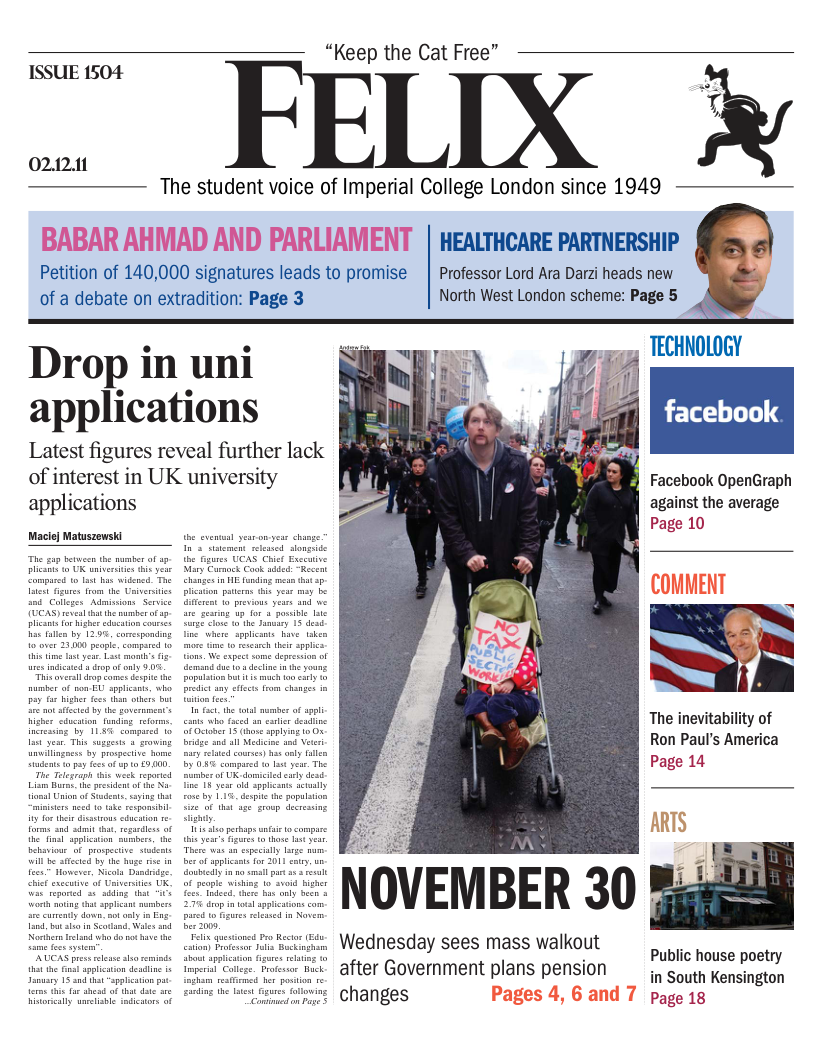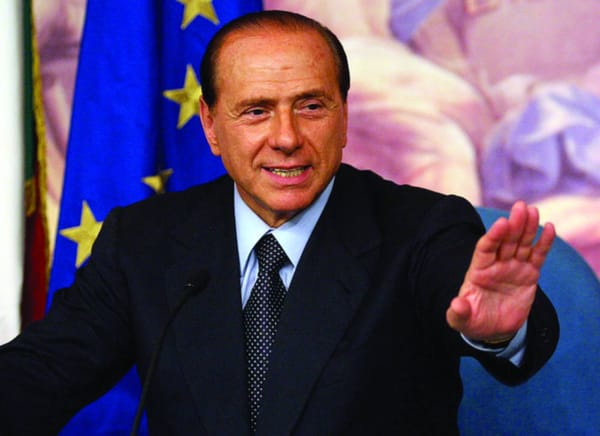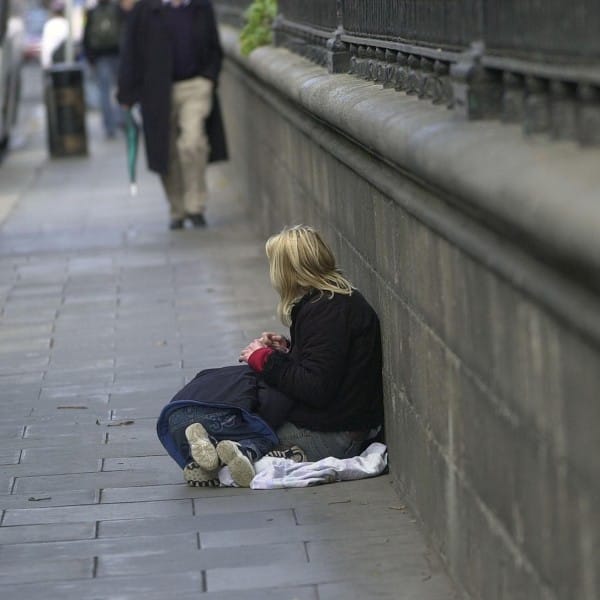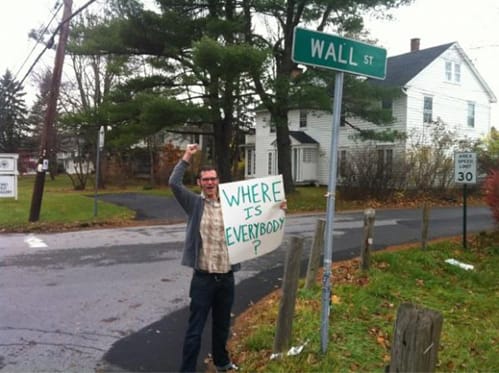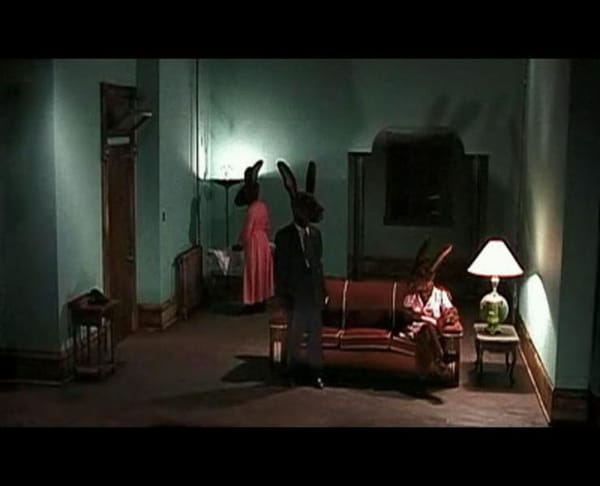“Total policing” not like total football
12 hours of protesting has simply dissolved "the idea of protesters as lazy hippies"
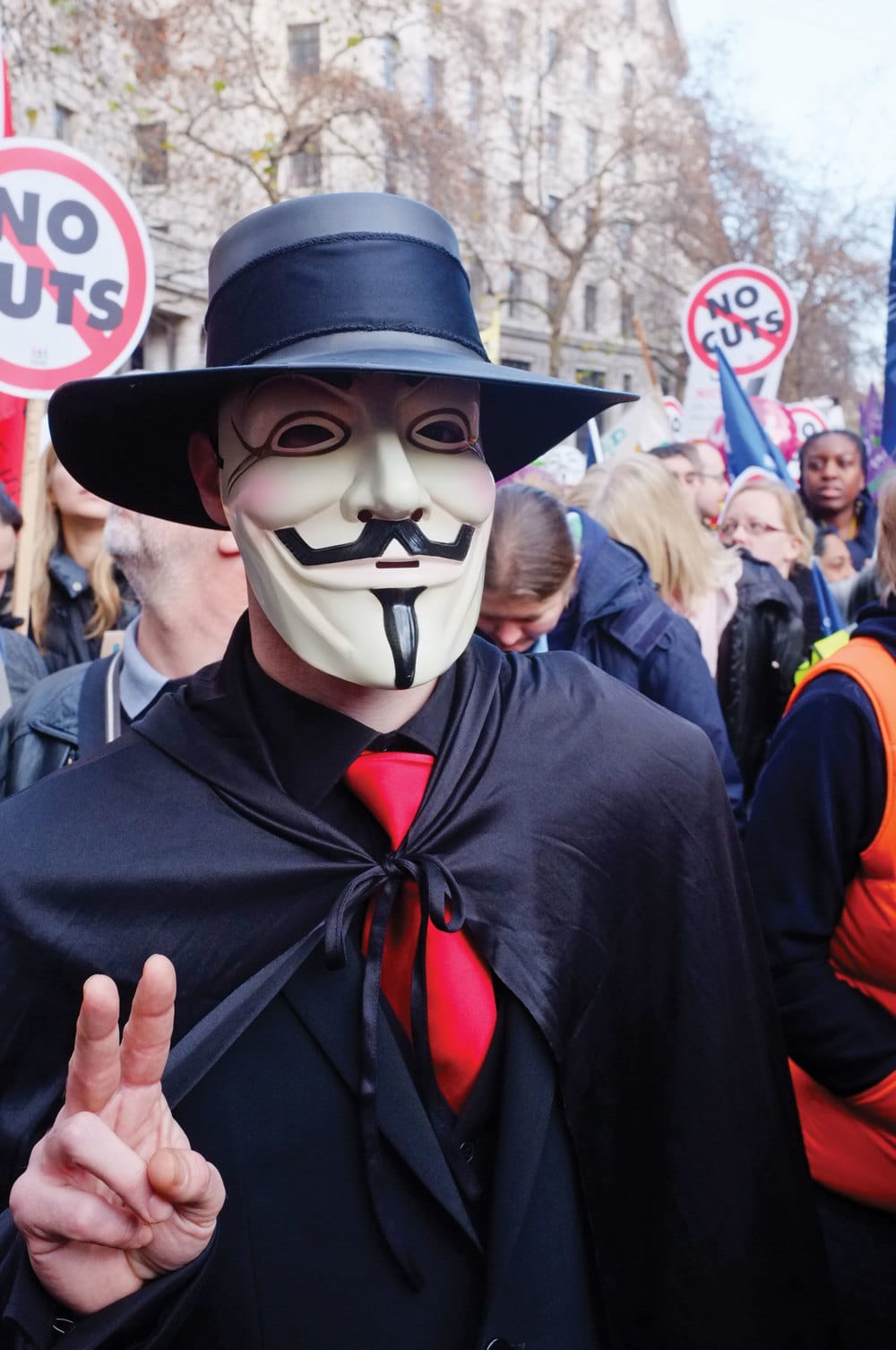
After 12 hours of protest, beginning at 7 in the morning at Liverpool Street, the idea of protesters as lazy hippies has simply dissolved. They believe the mantra that the early anarchist gets the worm. We saw electricians, librarians, teachers, council workers and children line the pickets and march in protest against the changes to public sector pensions. However, following on from the November 9 student protest where 4,000 police, 3 helicopters, steel barriers and numerous surveillance techniques were used against 5,000-10,000 protestors, the strike day in London was marked by unprovoked heavy handed policing.
This has now been termed “total policing” and has been created to save face for the Government after last year’s student protests and the summer’s riots. Although people champion this as what the police should be doing to control violence, the knock on effect is that peaceful protest is being squashed. In the morning, police, with dogs, descended on 30 picketers in Hackney arresting them for “blocking a road”. Whilst this occurred I took part in the Occupy London tour of the city raising awareness about the strike during the morning rush hour. The police outnumbered us, getting quickly physical, aggressive and frequently kettling us; they obviously had the idea that nothing would happen today.
Before heading out on the main London march to Victoria Embankment, I joined the public service picket in Brixton. Here people felt angry about bailing out the banks whilst public service workers have greater pressure on their already low pay. They chanted “What do we want?”, “A pension”, “When do we want it?”, “Before we die!” This energy, also present on the march, quickly fizzled out as people were shepherded by lines of police in to almost motionless crowds to allow traffic to continue. The police’s presence flattened nearly all emotion. After 3 hours of constrained marching, we arrived at Victoria Embankment exhausted, and like the people around us, feeling like nothing had been achieved.
As the 2 million workers refused to work today, 92% of London schools closed, and thousands flooded the streets across the country. David Cameron remarked in the House of Commons that the day was a “damp squib” and Boris Johnson asserted that it “won’t make a bean of difference”. The lack of recognition of the protest, its support, and the nearly successful attempts to quash it with the force of police, meant that I left at the end of the march completely disillusioned. Our collective effort has achieved nothing due to the arrogance of the Government, which believes it can ignore the population and its interests without sparking further riots. As if things could not get worse, we witnessed the baseless arrest of people leaving the protests in Trafalgar Square; and when we gave them legal advice, as the police were ignoring the legal process, we were threatened with arrest ourselves. Democracy is being burned to ashes.
Even with the disproportionate scale of police reactions, people still felt it necessary to highlight the issues with the Government’s austerity measures
However, a surprise Phoenix of civil disobedience managed to escape from the heavily policed flames. On the authority of Occupy London we gathered in Piccadilly Circus along with considerable riot police, though, as if by magic, hundreds of Greek football fans entered the square celebrating a victory. The police got distracted, the samba band kicked into action and a flare led crowd charged around the corner into Xtrata, the company with the highest paid CEO in the FTSE100. Noam Chomsky criticises football for distracting the masses from political action, though here the distraction served a much-needed purpose.
Today would have passed with no mention of the bankers that have caused this crisis, as the city was heavily blocked. The politicians safely lay behind 12 foot steel fences and the Tory headquarters, ransacked in last year’s student protests, were guarded, even though they lay miles from the crowds. However, by shear chance, the startling inequality of this country – where the CEO of Xtrata is paid £18million a year as 60% of children in the nearby Tower Hamlets lie in poverty – could be shone in all its disgusting glory. The protesters who peacefully entered the building will now expect up to a year of legal proceedings to be prosecuted with aggravated trespass – a charge purely created for policing peaceful protest. The night of arrest was also be filled with police harassment; the people caught in the vicinity are being placed on police records (hopefully including the suit-wearing man who kicked me), police dogs were brought in to an already contained crowd and I have heard reports of police violence in isolated pens.
Even with the disproportionate scale of police reactions, people still felt it necessary to highlight the issues with the Government’s austerity measures, where the poor are punished as CEOs see their pay constantly rising. And for the moments where the orange glare of the flare guided people into the bastion of inequality that is Deloitte, it was truly beautiful.


